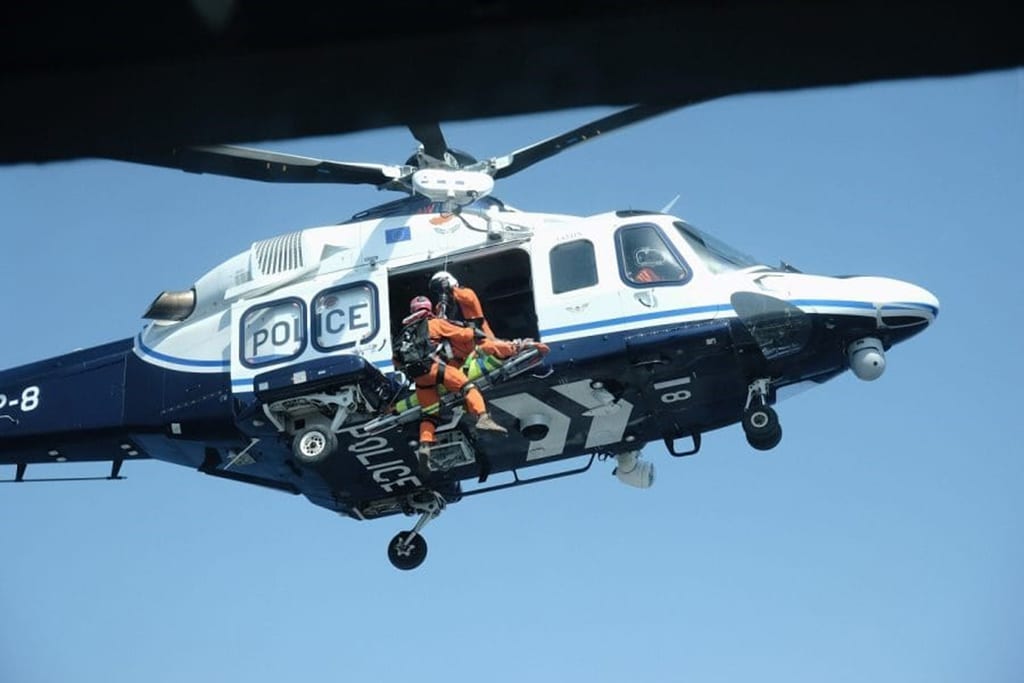The Joint Rescue Coordination Centre (JRCC) is to receive €1.7 million worth of upgrades following the issuance of a grant by the interior ministry’s directorate of European funds.
The funds will go towards “upgrading the capabilities of the coastal observation system”, the JRCC said, adding that the project’s aim is to “upgrade the capabilities of monitoring migratory flows and observation in search and rescue operations during these flows”.
It added that the upgrades will allow for a “more effective control of flows” from “crisis countries in the Middle East”, while also tackling human trafficking and addressing the frequency of maritime accidents during boat crossings to the island made by irregular migrants.
The funds will be used to provide surveillance vehicles with radar, thermal cameras and other electronic equipment which will be interoperable with the JRCC’s existing equipment.
The freeing up of funds for upgrades comes after a boat capsized off the coast of Cape Greco last month with around 21 people on board. Only two people have been confirmed as survivors.
The government was then accused of pushing migrant boats back into international waters, with Justice Minister Marios Hartsiotis vehemently denying these claims.
He spoke to CyBC of how there are often “exaggerations and allegations” made regarding the Republic of Cyprus’ treatment of arriving migrants, before turning his attention to United Nations High Commission for Refugees (UNHCR) spokeswoman Emilia Strovolidou, who had earlier suggested that the boat which capsized had been in Cypriot waters before being pushed back.
“Strovolidou, since she has so many details and knows so much, is welcome to make an official complaint to the police so that we can all be enlightened, given that our information was clear and we distinguished what had happened in each and every episode,” he said.
He added that the justice ministry’s position on the matter was that the three boats which the Unhcr had said had been pushed back, were in fact located by the police in Syrian territorial waters at the time and were warned not to proceed towards Cypriot waters.
“The Republic of Cyprus legally exercises its sovereign rights to monitor and guard its maritime borders, and they are borders, as this is a state with laws. It also provides humanitarian assistance to people in danger when they are inside those territorial waters,” he said.







Click here to change your cookie preferences